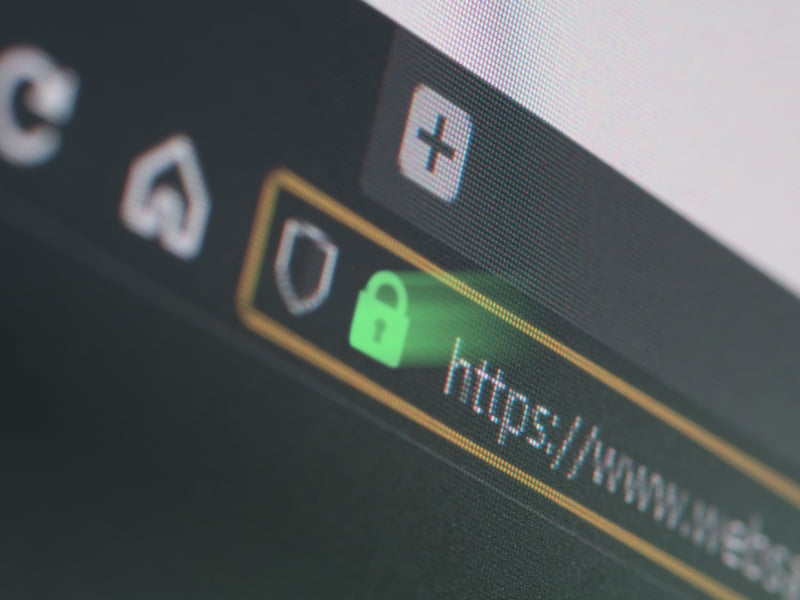A trial of age assurance technology will be conducted in Australia to shield children from online pornography and other adult content in response to the sharp rise in the number of women killed by a current or former partner.
The federal government will also introduce new legislation to ban the creation and distribution of non-consensual deepfake pornography, as the statutory review of the Online Safety Act continues.
Prime Minister Anthony Albanese and Communications minister Michelle Rowland announced the reforms following a meeting of national cabinet to discuss gender-based violence on Wednesday.
The emergency meeting into the “national crisis” was called by Mr Albanese on Sunday after thousands of people demonstrated across Australia demanding an end to violence against women.

The government will set aside $6.5 million in the federal Budget later this month for the age assurance pilot, which will identify and test available age assurance products, including their privacy and security.
The outcomes of the pilot will inform the work of the eSafety Commissioner Julie Inman Grant, who in March last year handed the long-awaited age verification roadmap to the federal government.
The roadmap recommended the government trial but not yet mandate age assurance technologies. Released last August, the roadmap said the market of offerings for the technology was “immature”.
Technologies reviewed as part of the roadmap included digital identity apps that allow individuals to store personal information on their device, electronic token like those used in euCONSENT trials in Europe, and facial recognition.
But the government went against the advice and instead opted to wait for the next tranche of industry codes covering ‘class two’ content to prevent children from accessing pornography before making any decision.
The first tranche of ‘class one’ content codes covering terrorism and child sexual exploitation material were registered by eSafety between June and March following an 18-month industry consultation process.
Mandatory standards for file and photo storage services, email services and some partially encrypted messaging services are also currently being developed in place of the industry codes that were rejected last year. The standards are facing pushback from industry.
However, class two content codes is yet to begin despite Ms Rowland writing to the eSafety Commissioner in August to ask that the work commence as soon as possible after the class one codes process was completed.
On Wednesday, Ms Rowland said the “eSafety Commissioner sees benefit in having the trial run in parallel with the codes development process, which eSafety expects to conclude as soon as possible”.
It follows comments from Ms Inman Grant at Senate Estimates in February that there has been “more maturation of the age assurance industry” since the age verification roadmap was handed to government.
With digital platforms “influencing our culture and our social lives” more than ever, Ms Rowland said platform providers “have a fundamental responsibility to step up and do more”.
“The content that digital platforms that digital platforms surface through algorithms and recommender systems, particularly to young Australians, has an impact in reinforcing harmful and outdated gender norms,” she said.
“While digital platforms may not be creating the content themselves, they play a major role in determining much of what people see. We must ensure that our community standards are respected online as well as offline.”
The US Supreme Court on Tuesday declined to block a Texas law requiring online age verification in order to access pornographic websites. Several other US states have enacted similar laws.
Shadow communications minister David Coleman, who has been pushing for a trial of age verification technology in recent months and even brought legislation to Parliament to try and force one, welcomed the decision to trial the approach.
“It’s good news that the Government is getting behind it and it will be important that this trial is put together quickly and that we move forward on age verification to protect kids,” he told Sky News.
The government has also announced new legislation to ban the creation and distribution of deepfake pornography, with the sharing of sexually explicit material using technology like artificial intelligence to be subject to serious criminal penalties, Mr Albanese said.
Mr Albanese also said that legislation to criminalise doxxing – the act of publishing identifying material about someone publicly, without their consent – will be introduced to Parliament in August.
The Attorney-General’s Department consulted on the reforms last month following pro-Palestine activists releasing the personal information of hundreds of Jewish WhatsApp group members.
Greater enforcement powers for the eSafety Commissioner and new penalties for social media giants are also being considered as part of a ongoing statutory review of the Online Safety Act that opened for public consultation on Monday.







